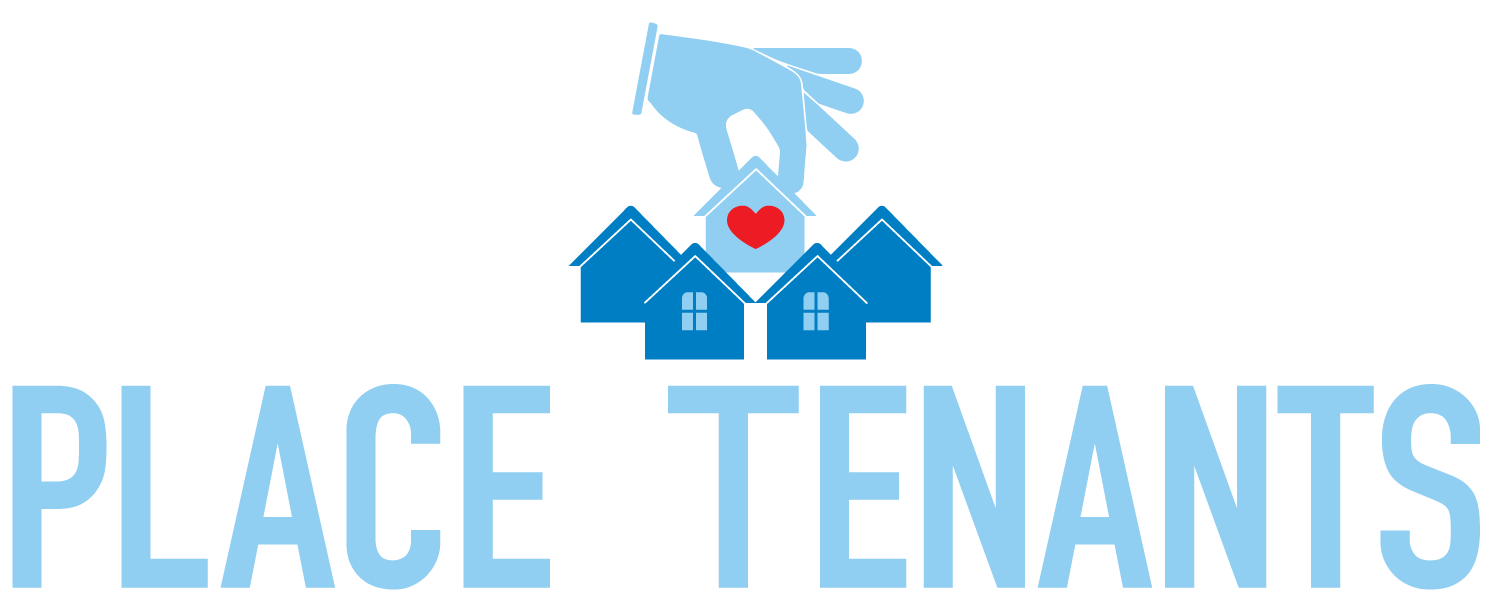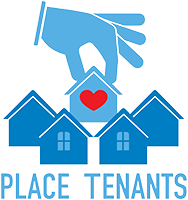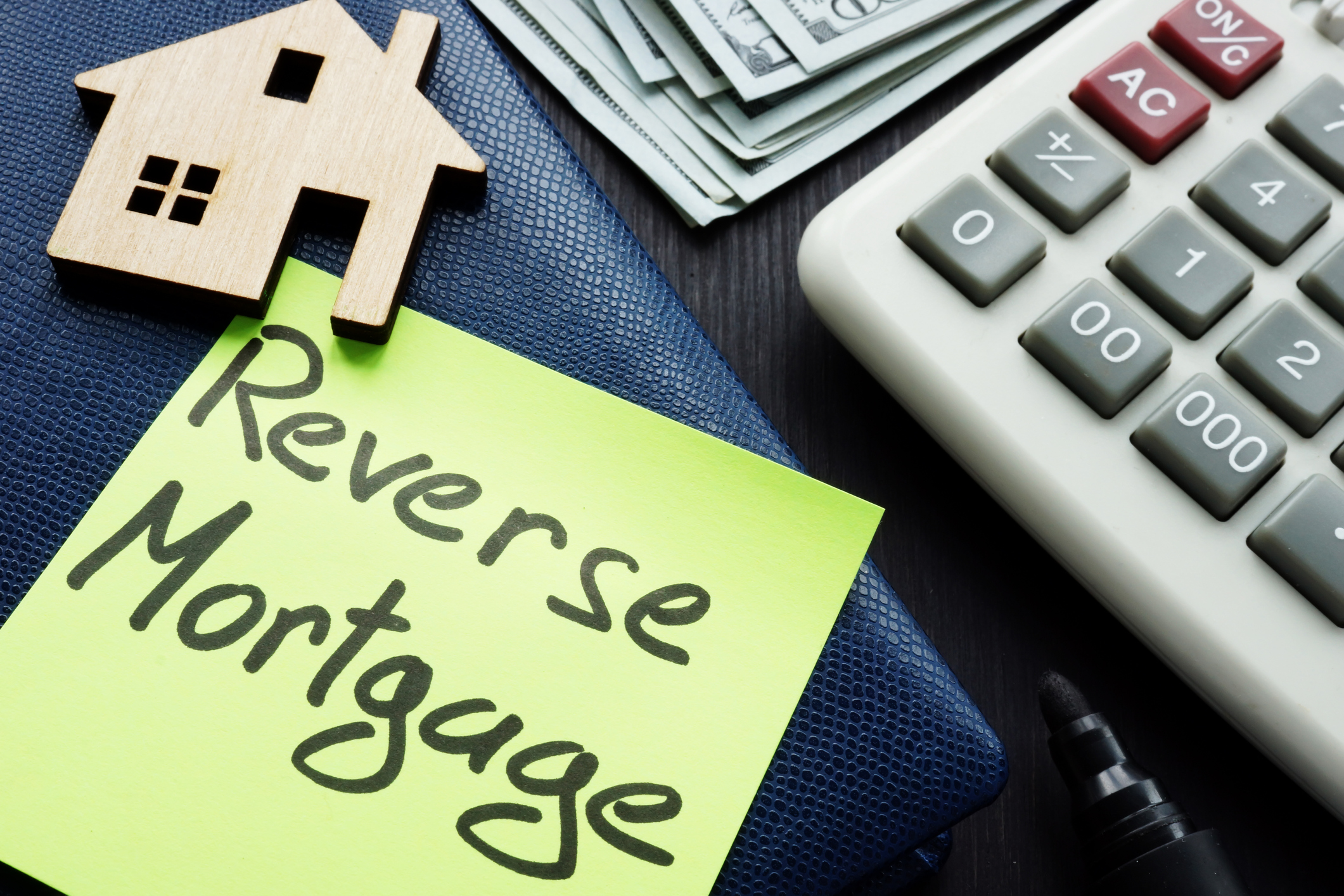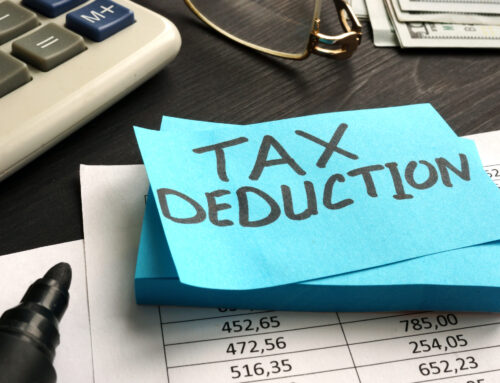Getting a reverse mortgage is risky business. Getting a reverse mortgage to invest in a rental property is riskier and difficult. Thanks to the unfortunate mix of unsavory business practices and naïve homeowners, reverse mortgages made a bad name for themselves during the 2007-2008 financial crisis when many senior citizens found themselves homeless and penniless. Today’s stricter governmental oversight has helped clean up the loan’s reputation, and they can be literal lifesavers for some people.
What exactly is a reverse mortgage? Here’s the Consumer Financial Protection Bureau definition: A reverse mortgage allows homeowners age 62 or older to borrow against their home equity. It is called a “reverse” mortgage because, instead of making payments to the lender, you receive money from the lender. The money you receive, and the interest charged on the loan, increases the balance of your loan each month. Most reverse mortgages today are called HECMs, short for Home Equity Conversion Mortgage.
There’s a difference between can and should I get a reverse mortgage to invest in rental properties.
Let’s look at can I get reverse mortgage to invest in rental properties?
- Are you, and co-owners if any, age 62 or older?
- Does the home have considerable equity?
- Is the home used as the owners’ primary residence?
If you answered “yes” to all three of the above, you are prequalified for a reverse mortgage.
Now, let’s look at should I get reverse mortgage to invest in rental properties?
- With a reverse mortgage, the loan is not assumable. My heirs understand that when I pass, they cannot assume the reverse mortgage and must address it via selling the property, completing their own refinance of the loan, or paying it off by other means.
- I’ve accounted for and am good with the higher fees, closing costs, and special insurance premiums typically accompanying a reverse mortgage.
No matter how you answered the above, getting a reverse mortgage requires self-education and long hard thought. So much so that borrowers are required to attend a counseling session conducted by the U.S. Department of Housing and Urban Development (HUD).
Only you can answer the question “Should I get a reverse mortgage to invest in rental properties?”
By now, you may be asking “If a homeowner must use the home as their primary residence, how can they use the funds to invest in rental properties?” The simple answer is you can rent out part of your home.
Investopedia.com advises there are a couple of general rules that are fairly consistent across lenders. One is that any rental should be long term. If you rent out a room in your house as an Airbnb, your lender might claim that you are using the property as a business and terminate your reverse mortgage. Also, it’s possible to get a reverse mortgage on a multifamily property that contains up to four units. If you own such a property, you are also entitled to rent out the units as long as you occupy one of the units as your primary residence. However, if you ever move, lease, or sell your unit, you would be violating the primary residency requirement, making your loan due and payable.
Please note that appropriate rental situations vary by lenders. Your best bet is to check with them before welcoming renters into your primary residence.
Conventional wisdom in the financial industry sees reverse mortgages best suited for payment relief from an existing expensive mortgage and/or getting the cash necessary for home renovation, repairs, or similar high-ticket instances.
Reverse mortgages are the perfect example of caveat emptor. Buyer beware and do your homework!
Place Tenants is available to answer all real estate-related questions. Give us a call at 800-886-1193 or email [email protected]. We look forward to hearing from you.
Photo credit: iStock/designer491






